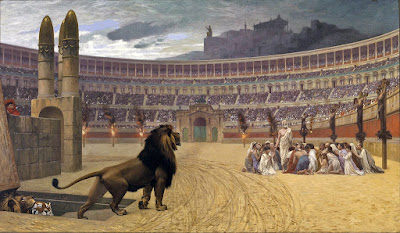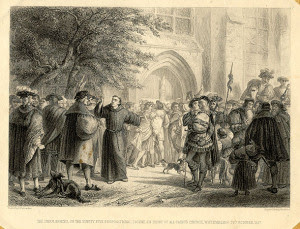Posts
Showing posts from June, 2016
The Bold Legacy of John Calvin’s Co-Pastor
- Get link
- X
- Other Apps
Strangers And Aliens (21b): Be Not Surprised By Fiery Trials (1 Peter 4:12–19)
- Get link
- X
- Other Apps
What does God require in the sixth commandment?
- Get link
- X
- Other Apps
Calvin’s Letter To Five Missionaries About To Be Martyred For The Gospel
- Get link
- X
- Other Apps
Trinitarian Controversy: Necessary Sharpening or Unnecessary Strife?
- Get link
- X
- Other Apps
Luther’s Anfechtungen: The Dark Night of His Soul, and why it was Important for the Reformation
- Get link
- X
- Other Apps
What does God require in the fifth commandment?
- Get link
- X
- Other Apps
Critique of the Teachings of Barach, Schlissel, Wilkins, and Wilson (2003)
- Get link
- X
- Other Apps
7 Reasons to Study the Bible with the Covenanters
- Get link
- X
- Other Apps
The Name and the Flame: The Westminster Challenge and the God Who Answers by Fire
- Get link
- X
- Other Apps
Strangers And Aliens (19a): The End Of All Things
- Get link
- X
- Other Apps
What does God require in the fourth commandment?
- Get link
- X
- Other Apps
Strangers And Aliens (18b): As It Was In The Days Of Noah
- Get link
- X
- Other Apps






















